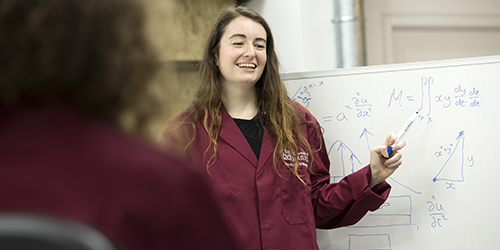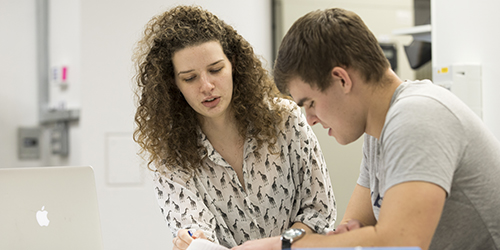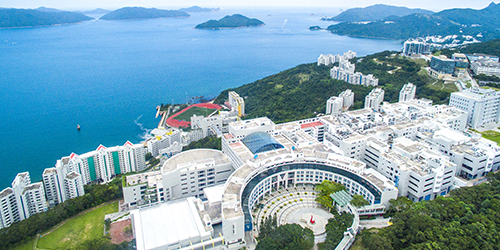Engineering Mathematics
With a unique blend of advanced mathematics and real-world problem solving, you will combine mathematical theory, practical engineering and scientific computing to address today's technological challenges.
Career-ready skills
We focus on technical and transferable skills which are highly valued by top companies such as Airbus, Goldman Sachs and Red Bull Racing.
Highly ranked
Bristol is in the UK top 10 for General Engineering (Guardian University Guide 2024).
Solve real-world problems
Recent final-year projects have used engineering maths to detect ocean pollution, design nanoparticles that target cancerous cells, and suppress flutter in aerofoils.
Engineering Mathematics courses for 2024
Single Honours
Engineering Mathematics at Bristol
Our degrees are mathematics courses based in an engineering faculty - the only courses of their kind in the UK. You will gain access to our outstanding facilities and unrivalled opportunities to specialise.
Our lecturers are world-leading researchers, so our students have access to the latest developments and a wealth of industry contacts.
Engineering students at Bristol also benefit from a dedicated Industrial Liaison Office, including an industrial mentor - an experienced engineer working in the field.
I really enjoy the course - it combines programming, mathematics and physics. I feel I have so many opportunities at Bristol and so much support to achieve my goals.
Career prospects

Our graduates have highly marketable technical and transferable skills. Our connections with industry through collaborative research and consultancy, mean that our courses remain extremely attractive professionally and we are well placed to recommend the best graduate employers.
Recent graduate career paths include:
- renewable energy systems engineer
- working at the cutting edge of robotics
- running a financial technology company
- project engineer at healthcare startup.
Our courses are accredited by the Institution of Engineering and Technology (IET) and Institute of Mathematics and its Applications (IMA), providing our graduates with all the requirements to become a Chartered Engineer or Chartered Mathematician.
What our students do after graduatingCourse structure

In the first two years, you will study mathematical and data modelling, mathematics, engineering science, and scientific computing. These topics provide a background to underpin the advanced material that follows.
After your first two years, you will have a wide choice of options from across engineering and mathematics to fit your interests, including:
- artificial intelligence
- robotics
- nonlinear dynamics and chaos
- mathematical physiology and medicine
- uncertainty modelling
- computational genomics
- data science.
The mathematical and data modelling strand is unique - you work in small teams to solve technological challenges. By the third year the challenges are brought by external partners or industry.
Fourth year MEng students can consolidate modelling skills in an extensive individual project. Every project focuses on a genuine scientific, technological or industrial problem, many devised by students themselves. This showcase for your degree can often lead to papers in scientific and engineering journals, PhD research or work in industry.
Real-world experience

The MEng Engineering Mathematics with Study Abroad degree gives you the fantastic opportunity to spend your third year overseas at one of our partner universities. Visit the Centre for Study Abroad to find out more about where you can study abroad.
You could also kick-start your career by choosing the MEng Engineering Mathematics with a Year in Industry degree, designed to provide students with professional engagement in a structured and supervised environment to build upon knowledge and skills gained during their first two years of study in an industrial context.
